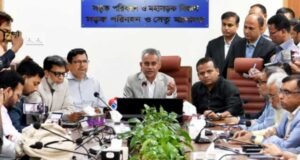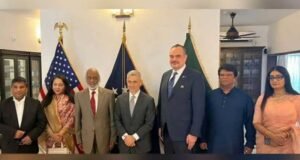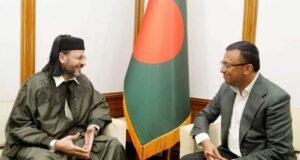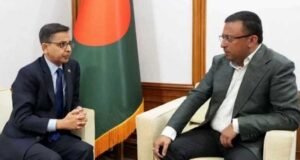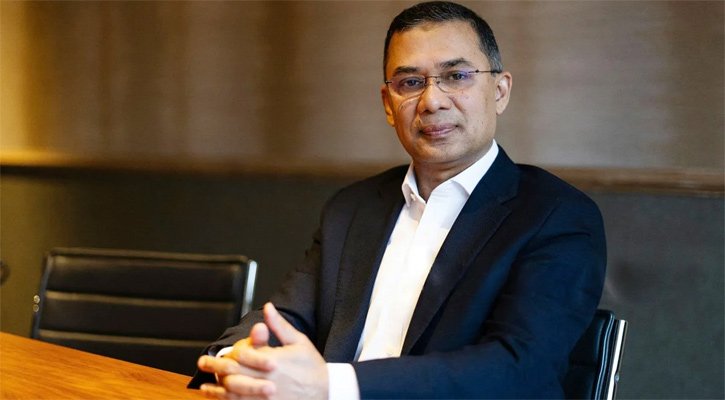
BNP Acting Chairman Tarique Rahman has said his party’s vision for Bangladesh is one where every girl has the same freedom, opportunity and safety that any parent would wish for their own child.
In a post on his Facebook page marking the International Day of the Girl Child on Saturday, Tarique said, “Let’s celebrate every girl’s right to dream, to learn, to lead, to live in dignity.”
“As a father to a daughter, I know that empowering girls is not just policy – it’s personal. Our vision for Bangladesh is one where every girl has the same freedom, opportunity, and safety that any parent would wish for their own child.
BNP governments have a legacy of changing lives and they recommit to doing more, if given the opportunity, he said.
“We saw how President Ziaur Rahman drove the growth of the garment sector to become more than an industry; it became hope. Millions of women entered formal work, gaining income, respect, and independence. Under his stewardship, the Ministry of Women’s Affairs was created with the singular purpose of institutionalising the betterment of the lives of girls and women across Bangladesh.”
Under Prime Minister Khaleda Zia’s leadership, education for girls became a right, not a privilege, he added.
“Education was declared free up to Grade 10, and the ‘Food for Education, Cash for Education’ programmes kept millions of girls in school, shifting family destinies, building stronger communities, creating a generation of empowered women,” the BNP acting chief said.
“Her pioneering ‘Female Secondary School Assistance Project’ achieved gender parity for the first time in secondary schools in our history and reduced child marriages, going on to become a global model for girls’ education and empowerment, replicated in other developing countries.”
These show bold steps that proved what’s possible when governance honours the dignity of girls and invests in their future, Tarique said.
Tarique outlined BNP’s proposed policies for girls and women, including women-led family cards, SME loans and training for women entrepreneurs, expanded academic and vocational opportunities, greater participation of women in governance, protection of dignity and freedom, and family and social welfare initiatives.
 Weekly Bangla Mirror | Bangla Mirror, Bangladeshi news in UK, bangla mirror news
Weekly Bangla Mirror | Bangla Mirror, Bangladeshi news in UK, bangla mirror news



